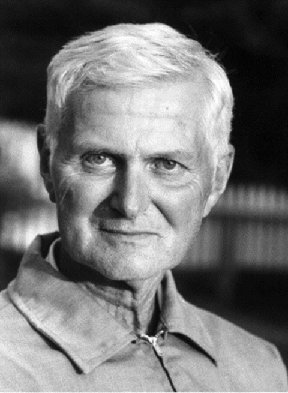
Carl Wagner was born on May 25, 1901 in Leipzig, Germany. His father was a chemist; in fact, an assistant to the renowned Wilhelm Ostwald. Wagner also studied chemistry, receiving his doctorate in 1924 from the University of Leipzig. He then served as a research assistant at the University of Munich.
His interest in solid-state materials and defects in ionic materials stemmed from his time in Berlin at the Max Bodenstein Institute, beginning in 1927. He met Walter Schottky during this period. Schottky, who played an important role in the development of semiconductors, was apparently so impressed with the young Wagner that Schottky invited him to coauthor a book on thermodynamics. The book was published just 2 years later. In 1930, Wagner and Schottky published a seminal paper on point defects in ionic crystals—“Theory of Ordered Alloys,” Z. Phys. Chem., B11, 163 (1930). Unquestionably, Schottky, almost 20 years Wagner's senior, had an important influence on Wagner's research.
In 1934, Wagner was appointed Professor of Chemistry at the Technical University Darmstadt. His main focus was on solid-state ionics, corrosion, and catalysis, but he was also involved in the development of rocket controls. Anticipating a long period of reconstruction at the end of World War II, he happily accepted an opportunity to work with the von Braun group on the thermodynamics of rocket fuels. He ...
Get Electrochemical Engineering now with the O’Reilly learning platform.
O’Reilly members experience books, live events, courses curated by job role, and more from O’Reilly and nearly 200 top publishers.

